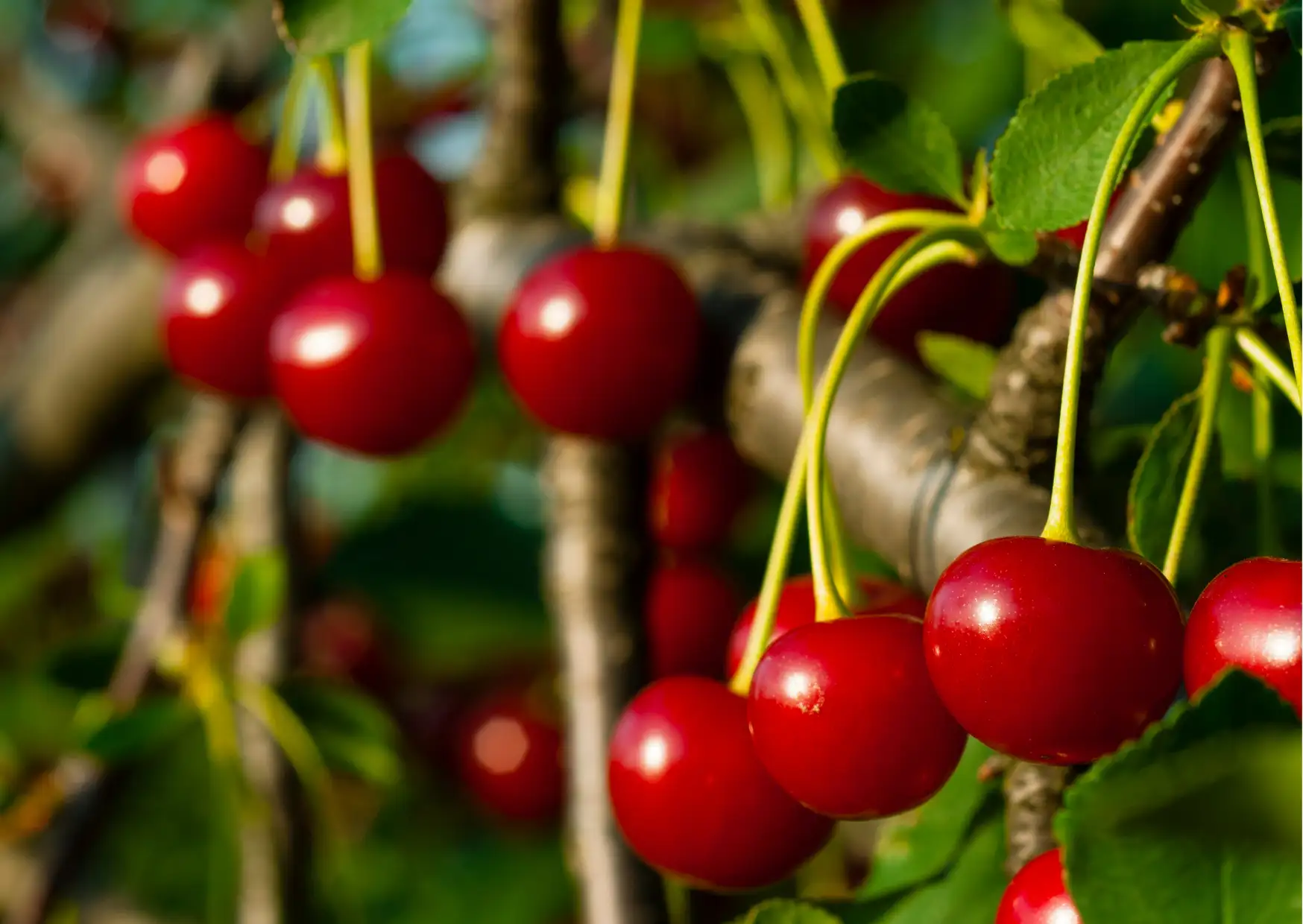As B.C.'s cherry orchards approach a new season, high-tech Canadian greenhouse growers observe the ongoing challenges faced by stone-fruit farmers. Last season delivered considerable setbacks when severe cold weather in January 2024 wiped out cherry crops across the Okanagan Valley. "We had zero harvest," Sukhdeep Brar, a stone-fruit grower from Summerland, stated, highlighting a situation many orchardists experienced.
Brar's 150-acre estate endured harsh temperatures that dipped to -30C, annihilating buds and entire crops. However, this year marks a cautious return to form as cherry trees bloom once more, signaling potential for a modest harvest soon. "It's a relief to see all my trees flowering again," Brar mentioned, acknowledging a renewed optimism among local growers.
Despite signs of recovery, long-term concerns persist due to financial strain and market conditions. Rising debts, climate variability, and competition from imported fruits exacerbate these challenges. "We need consumers to choose local fruit at the grocery store if we're going to make it through," Brar emphasized, reflecting on the economic pressures local producers face.
In response, the B.C. government initiated the $10 million Tree Fruit Climate Change Response Fund, aiming to support growers adapting to changing environmental conditions. This fund provides payments based on acreage to help mitigate challenges that have accrued over recent years. Yet, according to growers like Brar, aid remains insufficient. "The amount I expect to receive will only cover crop insurance for one year," he remarked.
The broader context of market and climate volatility is echoed by Peter Simonson, a farmer from Naramata. "I honestly don't know how many farmers are going to financially get through this," Simonson expressed, noting high costs associated with replanting damaged orchards and the prolonged wait for new trees to bear fruit.
Beyond financial aid, initiatives like the "Buy B.C." campaign are crucial in promoting provincial produce. Encouraging local consumer choices is vital for sustaining the regional stone-fruit industry against mounting pressures. Simonson, who also presides over the B.C. Fruit Growers' Association, underscored this point: "If we want a local stone fruit industry five or ten years from now, we need to support local growers."
Despite the challenges, B.C.'s growers remain focused on securing their future through strategic actions and community support. The complexities of biennial bearing and insurance limitations further underline the intricate nature of greenhouse cultivation. As conditions evolve, so will the strategies employed by these growers to adapt and thrive.
Source - https://www.freshplaza.com













